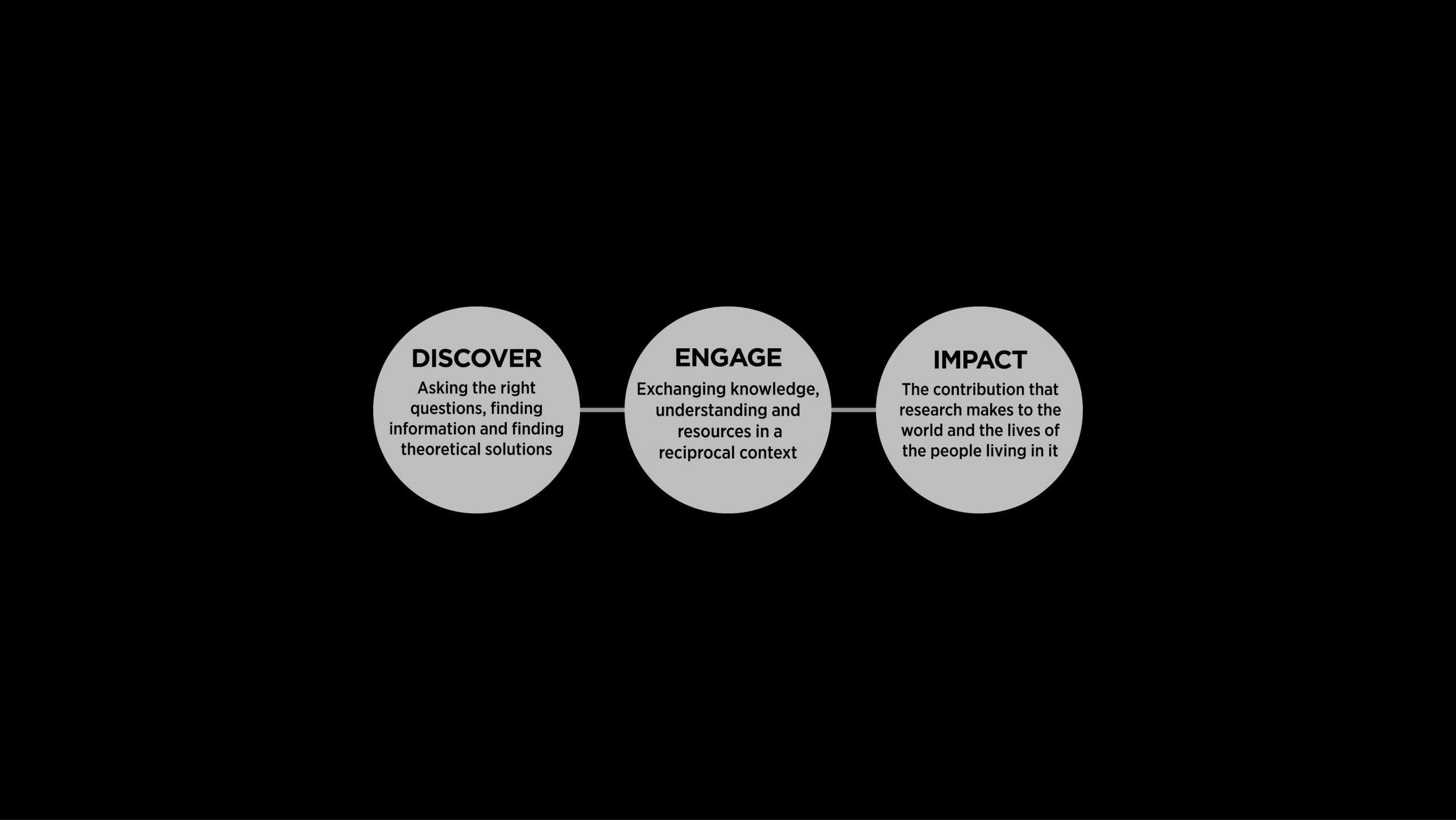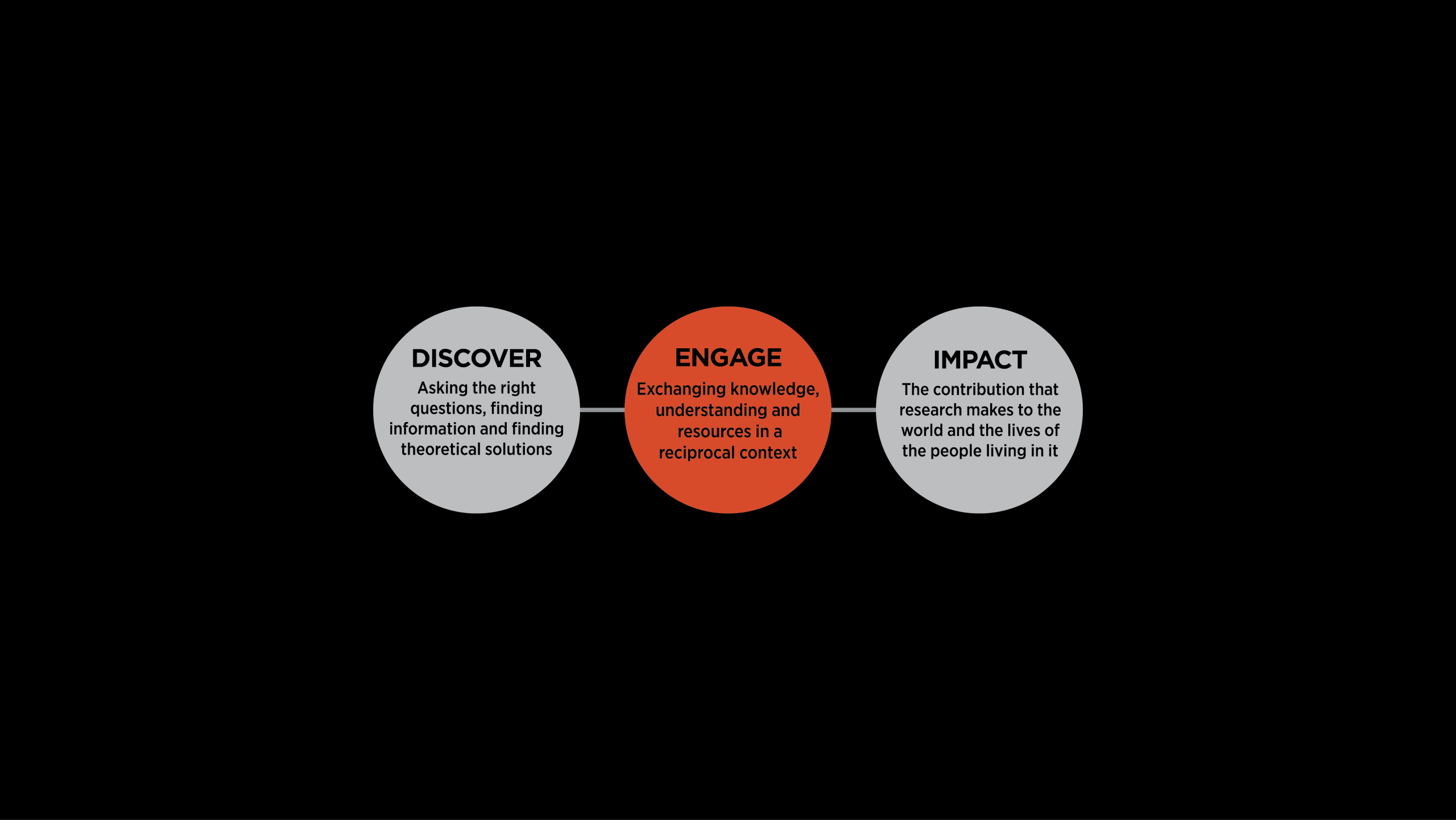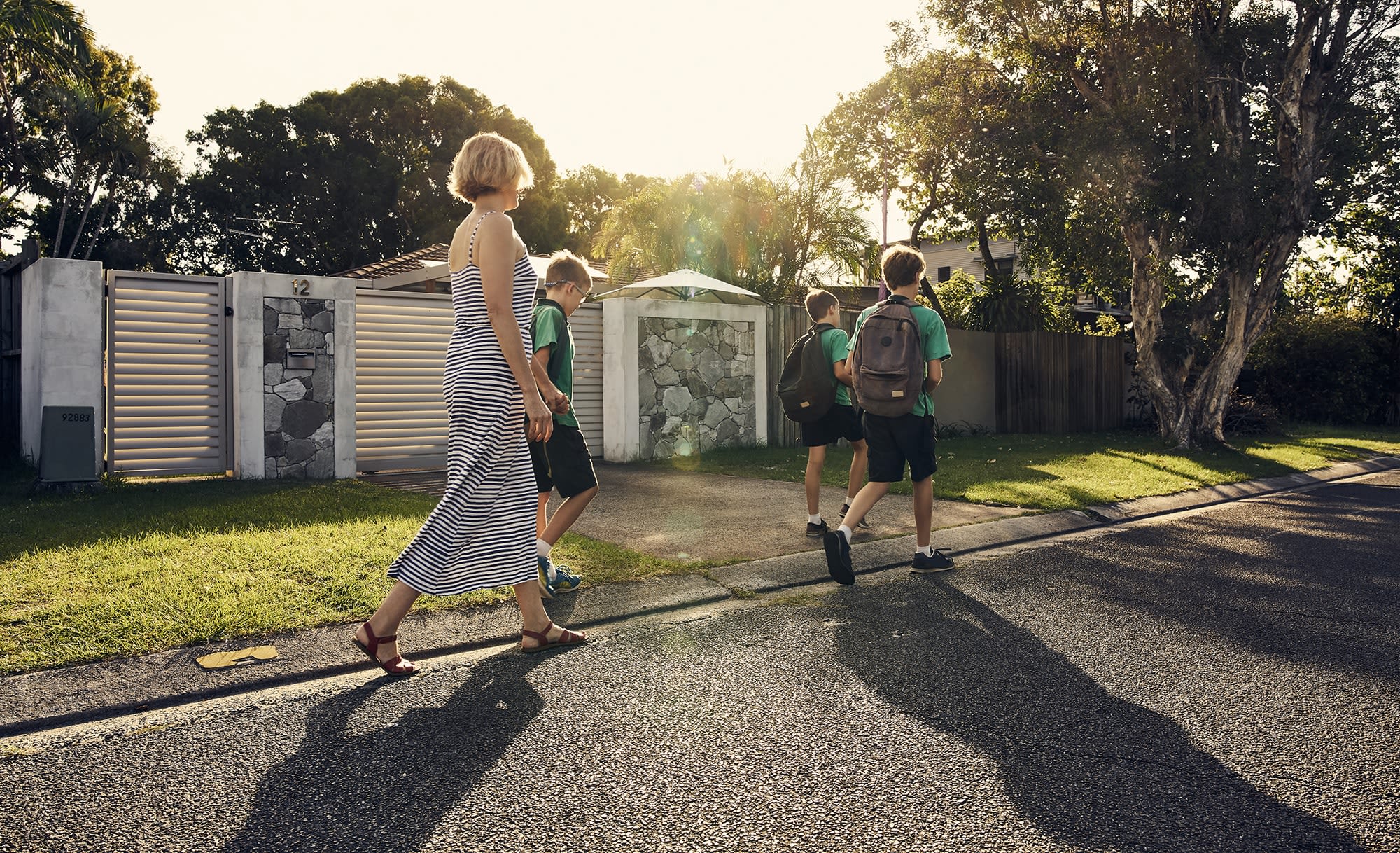Ability tackles truancy
By bringing communities, schools and law enforcement together, a UQ researcher’s new approach to tackling truancy is exciting law enforcement bodies in Australia and internationally.



Truancy, wagging, skipping school, bunking off. The minor misdemeanour is sometimes considered a risqué rite of passage, so involving police when students skip school might seem like overkill to some.
Statistically, however, truancy is a harbinger for future problems, and as UQ’s Professor Lorraine Mazerolle and her research team have discovered, if police get involved at this early stage of antisocial behaviour in a positive, collaborative way, it can have a profound impact on reducing later, more serious offences.
Professor Mazerolle is a chief investigator in the ARC Centre of Excellence for Children and Families over the Life Course, as part of the Life Course Centre at UQ’s Institute for Social Science Research. She knows all too well that youth who are disengaged from school can have very negative life outcomes – particularly when their misbehaviour is compounded by disruption in their personal and family lives.
“Kids who skip school are more at risk of being snared into antisocial behaviour, and have more potential for negative life outcomes than young people who don’t skip school,” Professor Mazerolle says.
Although traditional methods of dealing with truants involve escalating interventions at the school level, any approach that removes a truanting student from the class structure can further alienate already disengaged students, reinforcing the idea that ‘the system’ rejects them.
Through an ARC-funded Laureate Fellowship, Professor Mazerolle and her UQ-based team rethought this approach, and have instead been working with Queensland Police and the Queensland Department of Education to implement a theory-driven, evidence-based program that brings together youths, their parents, their teachers and the police to empower at-risk students, instead of punishing them.
And the best part? The program works.
Image credit: gettyimages/Bokan76

THE PROGRAM
The Ability School Engagement Program (ASEP) is a truancy reduction program that leverages partnerships to create real change. The program targets youths aged between 10 and 16, whose attendance in the three previous school terms is 85 per cent or less, and who have no legitimate explanation (such as medical illness) for their absences from school.
For the ASEP trial, Professor Mazerolle and her team worked with the Queensland Police and 11 Queensland schools to select 102 at-risk students and their families to participate.
“In the several disadvantaged communities of Brisbane we targeted, the attitude and behaviour of some students towards the police demonstrated an obviously strained relationship," Professor Mazerolle says.
“My team and I at UQ, in collaboration with the Queensland Police Service and the Department of Education, designed ASEP to intervene at a critical developmental time in a young person’s life, empowering the young person to understand the consequences of their behaviour in a ‘procedurally just’ environment, where they feel respected and heard by representatives from their school and the police.
“It’s also an opportunity to educate and inform their parents of their legal obligations to have their kids go to school, which isn’t always something they are aware of.”

For the trial, participants were randomly allocated to either an active intervention group or a control group. The intervention group participated in the full ASEP, which uses a third-party policing approach. Specially trained police and school representatives met with students and their parents (or responsible guardians) in a family group-conferencing approach, where participants meet in a ‘round-table’ environment to discuss the truant behaviour and its consequences, explain and understand Queensland’s legal requirements for school attendance, and decide on a course of action to improve in future. This plan could include developing new home routines to support the student’s attendance, providing additional tutoring, or referring the student to social support agencies to address complex psychosocial issues.
For six months after each session in the trial, a police officer maintained a relationship with the student, parents and school through informal phone calls, home visits, and monitoring sessions at the school. After this period, the officer conducted short exit meetings for families who participated.
“ASEP was a really important project for the QPS,’ Commissioner Ian Stewart says.
“Working with the local schools, we wanted to make sure that police were doing everything they could to prevent youth crime and getting these kids back into a school environment."
“It’s a great example of police working in partnership with the schools to make a real difference.”

ASEP group in session

THE RESULTS
The ASEP trials showed a very clear, two-fold benefit to the approach – intervention group participants were overwhelmingly more likely to attend school and were less likely to behave anti-socially than the trial participants in the control group.
“The results show that in just a very short, 45-minute intervention, the program engaged the young people and their parents to think about the impact of their truancy and its consequences," Professor Mazerolle says.
“Just that subtle nudge has had very positive and lasting effects; it decreases both the child’s impulsivity and their parents’ willingness to take risks.
“Even two years after their ASEP participation, kids from the intervention group were more willing to go to school, attended school more, offended less and had less self-reported antisocial behaviour over time than those in the control group.”
The trial also revealed that parents from the intervention group became significantly more aware of their legal responsibilities. Unsurprisingly, when they believed that they could be prosecuted if their child didn’t attend school, attendance rates increased.
Clearly, a collaborative, partnership approach with schools, families, students and police is an effective way to address truancy and, potentially, youth crime. Considering the increased pressure on police to handle a wide variety of issues, this study provides evidence that a collaborative partnership can be a relatively simple, sustainable, and effective option to get young people more engaged with their education and to reduce juvenile crime in a comprehensive, procedurally just way.

THE NEXT STEP
The trial’s success has been recognised within Australia and internationally. In 2017, the National Institute of Justice in the United States of America chose ASEP for their CrimeSolutions website, which features international best practice in law enforcement initiatives (and making ASEP one of only three Australian programs to ever be selected for coverage on the site). The Police Executive Research Forum also featured the program in its research briefs.
Professor Mazerolle and her team won the American Society of Criminology (Division of Experimental Criminology)’s prestigious Award for Outstanding Experimental Field Trial, which recognised it as an outstandingly designed field trial by experts in experimental criminology, with strong policy-relevant research findings.
Professor Mazerolle has been investigating how ASEP could be translated to an international setting with law enforcement agencies in Boston and Prince George’s County in the United States. She is also working with the Queensland Department of Education and the Queensland Police to take the trial’s proof of concept and upscale it to other Queensland and interstate schools.
“The next stage would be to upscale ASEP to a bigger population, and conduct another randomised control trial with more program participants, to measure how it translates into other social contexts and environments.”
The story so far
Early 2009: Queensland Police Service (QPS) and some schools in a highly disadvantaged area of Brisbane decide to work collaboratively together to help truanting young people get back to school.
Mid 2009: Professor Mazerolle and her UQ team work with QPS and the Department of Education (DoE) to design the Ability School Engagement Program (ASEP) intervention and the Randomised Controlled Trial (RCT) approach to evaluate the efficacy of the ASEP approach.
End 2009: ASEP Pilot conducted.
2010: Professor Mazerolle awarded an Australian Research Council Laureate Fellowship, providing core funding to support the ASEP trial.
2011–2013: ASEP participants were recruited and randomly assigned to experimental and control (business as usual) conditions.
2014–2016: Australian Research Council Centre of Excellence for Children and Families over the Life Course (LCC) awarded, with UQ leading the centre. Professor Mazerolle, in her capacity as a Chief Investigator, allocates funding from the LCC to conduct follow-up interviews and gather administrative data to track the longer term outcomes of ASEP.
Early 2017: Results start to show the success of ASEP, showing a reduction in truancy and less antisocial behaviour.
Late 2017: CrimeSolutions select ASEP as a promising approach. ASEP received the Award for Outstanding Experimental Field Trial by the American Society of Criminology.
Early 2018: More promising results emerging, and plans are now being made to upscale ASEP to more truanting young people in Queensland and elsewhere in Australia.
Opening video: gettyimages/monkeybusinessimages
Image credit: gettyimages/Skynesher
Words by Camille Layt

Contact details
Professor Lorraine Mazerolle, School of Social Science
Email:
l.mazerolle@uq.edu.au
Phone: +61 7 3346 7877
Web:
UQ Researchers
To download this article in easy-to-print format, click here.
Read more about how UQ researchers are making an impact.


